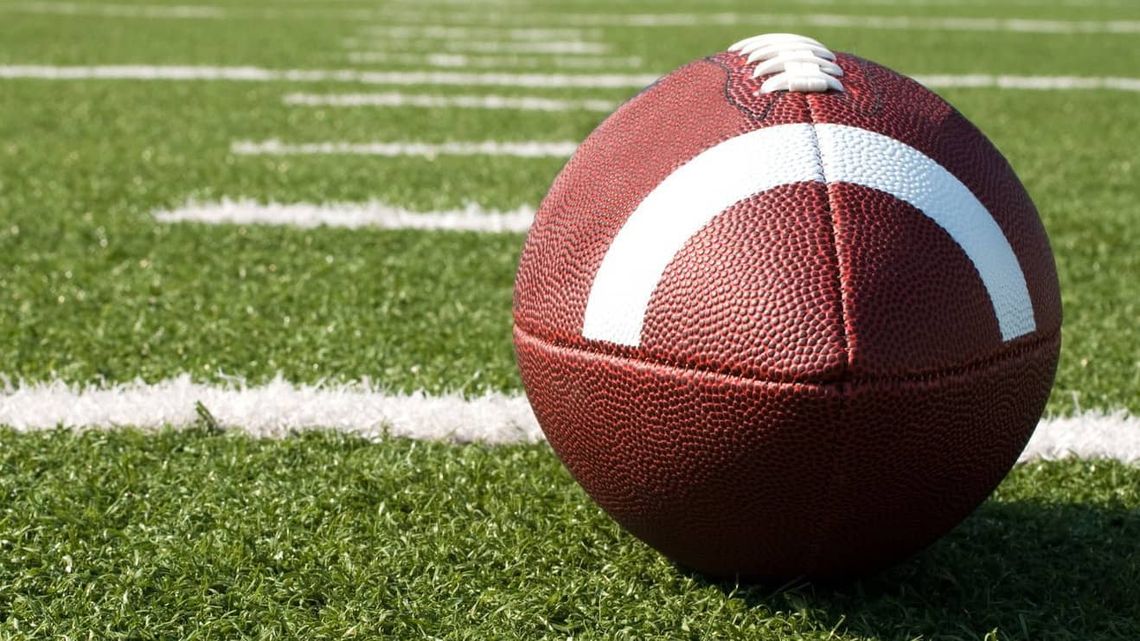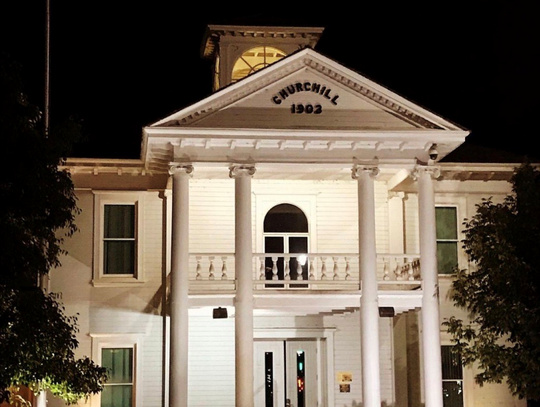Although is it a great accomplishment during this time of COVID to even have a college football season, this new phenomenon of players “opting out” of their final games or in some cases entire senior seasons, not playing for fear of injury, makes it is hard to determine who is the biggest loser; players, fans, teams, coaches, or in fact, college football itself.
This new and increasing action of players opting out goes against the precious ideas of being loyal to teammates and the university that provide them with a college scholarship that others pay thousands of dollars for. When a player opts out it may be for COVID concerns or NFL draft possibilities, but it still goes against the fundamentals of integrity and loyalty, leaving a slew of questions about winning and losing.
Why is Alabama going to the College Football Playoff National Championship? The answer is this; three key senior players are coming back for their last year, players who have earned many awards including the Heisman Trophy. Their integrity has made them winners before the game is even played.
It is difficult to determine who is the biggest loser when players opt out of the final games of the season – the Bowl Games, which many people sadly consider to be simply “exhibition games.” Is it the Players? It takes the joy of winning from players who hear that they won because the opposing was not at full capacity – forcing a loss.
What about the teams that lose the game because their key players left? The remaining players have to fill in and aren’t ready to perform at the level their missing teammates played all season, costing them awards as well as the game. Take, for instance, Kyle Trask, the Florida quarterback nominated for the Heisman Trophy who suffered the opt-out of his three key receivers and lost the Cotton Bowl last week against Oklahoma.
Then there are the fans. Family members of players, alumni, and community fans who root for their teams all year – and have for years, just to see key players opt out of games. This spoils interest in the bowl games knowing it will not be the same team they have watched and cheered for all season long. Opting out of bowl games creates a disinterest and reduces fan interest that also decreases TV airtime and interest.
College football, like it or not, is a business and losing can cost coaches their jobs. Although there is a risk for players with NFL futures and high draft possibilities, that risk is there all season. The players for Alabama have proved that coming back for their final year, not opting out of the bowl game, can actually improve their draft status. Alabama had three players in the top five votes of the Heisman contest, with DeVonta Smith winning.
Although individuals may claim the right to opt-out, making valid personal claims, healthy players who opt out of the last bowl game or their final season is a concept alien to those who have trained, worked hard, played hard, are loyal to their universities, and maintained team spirit.
The past year, 2020, has been a crazy season of firsts; shorted schedules, canceled games, no fans in the stands, and ultimate sacrifices by players, families, coaches, and staff. Opting out of bowl games and seasons has added yet another disappointment that should not even be a consideration. It would be disappointing if opting out is here to stay.










Comment
Comments